China, Russia conclude drills as US, Japan, South Korea expand military co-op
China and Russia have concluded a 4-day joint aerial and naval exercise as the US, Japan and South Korea continue to expand their military ties.
Chinese Defense Ministry said on Sunday that the two countries wrapped up their joint air and naval drills in the Sea of Japan aimed at safeguarding security in the international waterways.
Chinese and Russian military forces took part in the drills with the participation of more than 10 warships and over 30 aircraft from both sides in the joint drills code-named "Northern/Interaction-2023".
During the maneuvers, Chinese and Russian navies and air forces jointly conducted planning and commanding of the drills, which included naval and aerial escorts, deterrence and repelling exercises. The drills marked the latest effort by the two countries to enhance military cooperation.
The joint exercise was "a major move" in safeguarding the security of strategic waterways, said Chinese director of the exercise Qiu Wensheng. Deputy director of the exercise, Russian Rear Admiral Calery Kazkov, further described the drills as a move that had strengthened the abilities of both countries to handle military threats, according to a statement released by Beijing.
The drills came amid reports that the US is further expanding its military ties with Japan and South Korea while the North Atlantic Treaty Organization (NATO) is looking to bolster its military presence in the Indo-Pacific region.
China warns Japan on NATO
The joint drills by China a Russia also came shortly after Washington declared last month the national security advisers for the US, Japan and South Korea had discussed ways to expand trilateral security cooperation to maintain order and stability in the Taiwan Strait and coordination over the East China and South China Seas.
This is while Beijing warned Tokyo on Monday against joining the expansion of the US-led NATO military alliance into the Asia-Pacific.
China expressed hope that Japan will refrain from taking measures that would undermine mutual trust and stability in the region.
However, Japan and NATO agreed on a new partnership program earlier this month, sparking China's ire. Adding insult to injury, the US Navy also deployed a nuclear-armed submarine to the South Korean port city of Busan.
NATO Chief Jens Stoltenberg claimed, meanwhile, that China's military clout had become a source of concern, prompting Tokyo to call for NATO's eastward expansion.
Beijing and Moscow, however, are strongly opposed to NATO's eastward expansion, insisting that it would undermine peace and security in the region.
D-8’s role in Iran’s economy after Cairo summit
China slams US as ‘war-addicted’ threat to global security
China ‘firmly opposes’ US military aid to Taiwan
VIDEO | Press TV's News Headlines
President Yoon Suk Yeol to be removed from office
At least 19 Gazans killed by Israeli airstrikes since dawn: Medics
Leader: Iran neither has nor needs proxy forces
US fighter aircraft shot down ‘in friendly fire’ amid aggression on Yemen


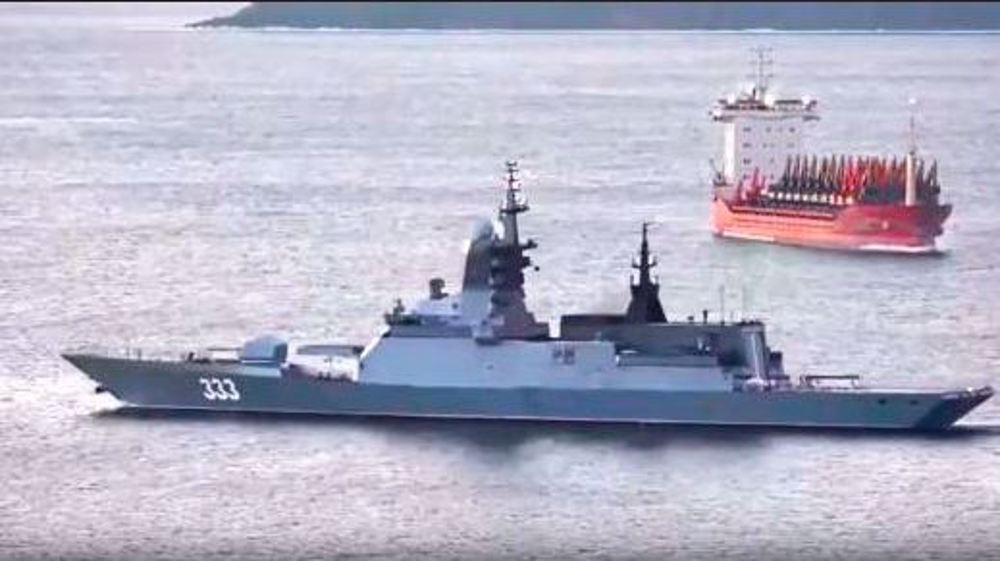
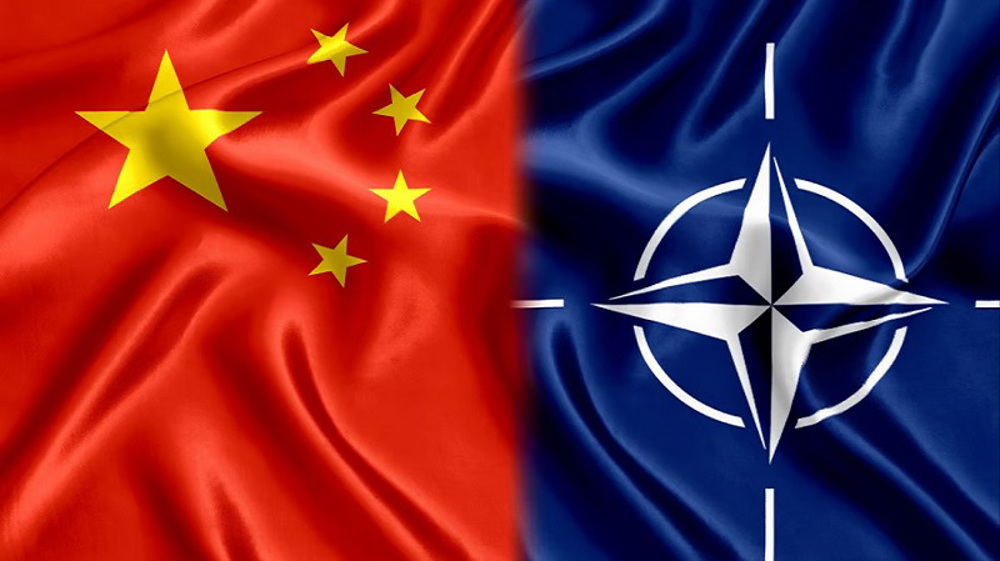
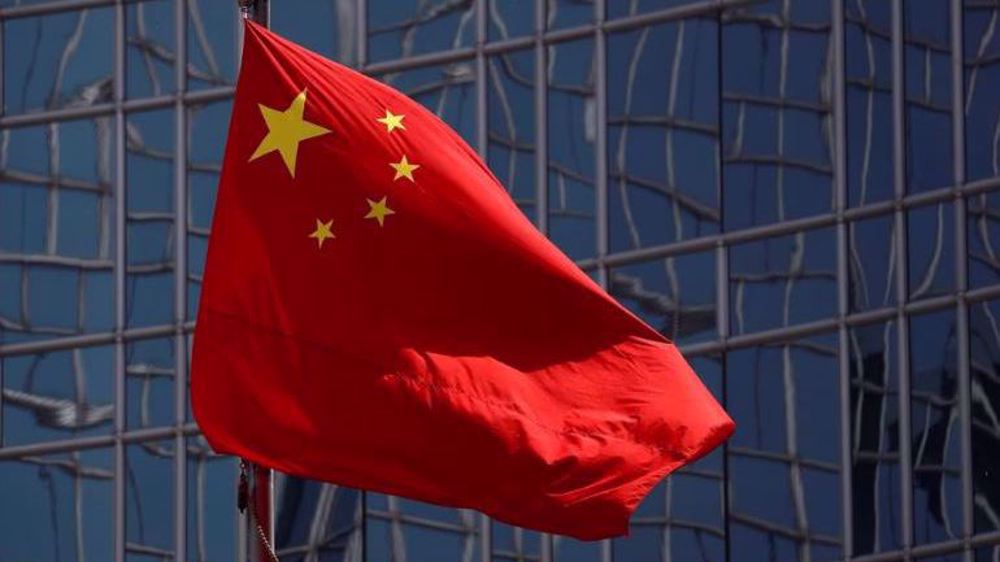
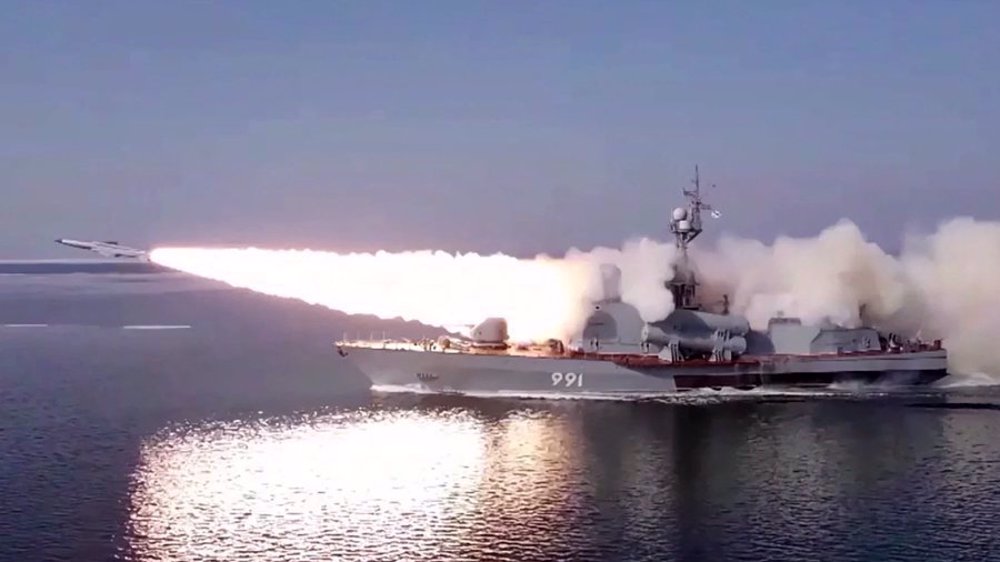
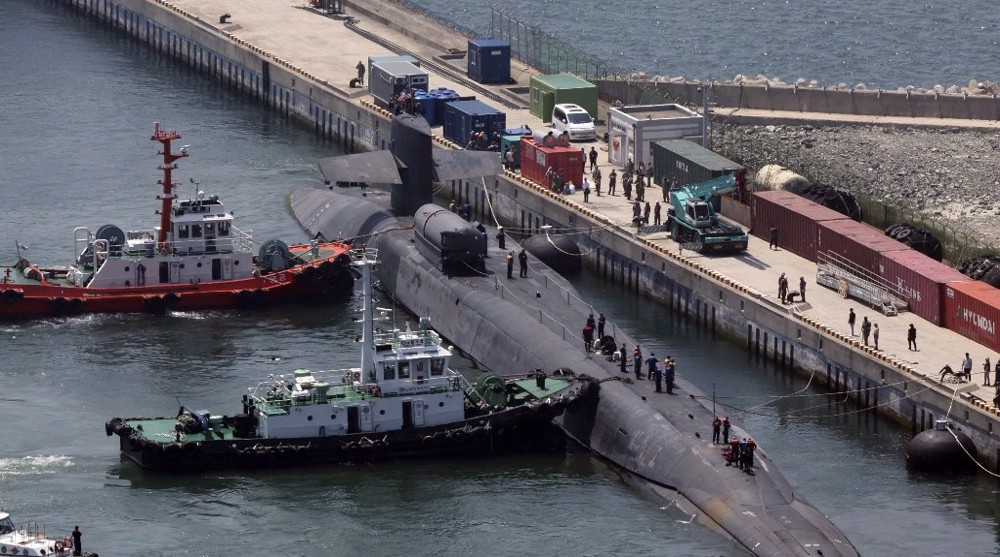

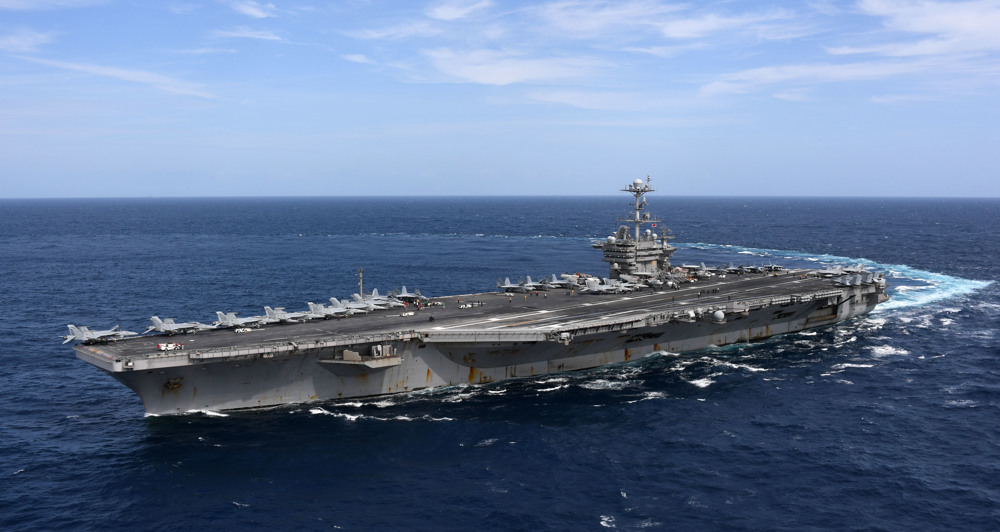
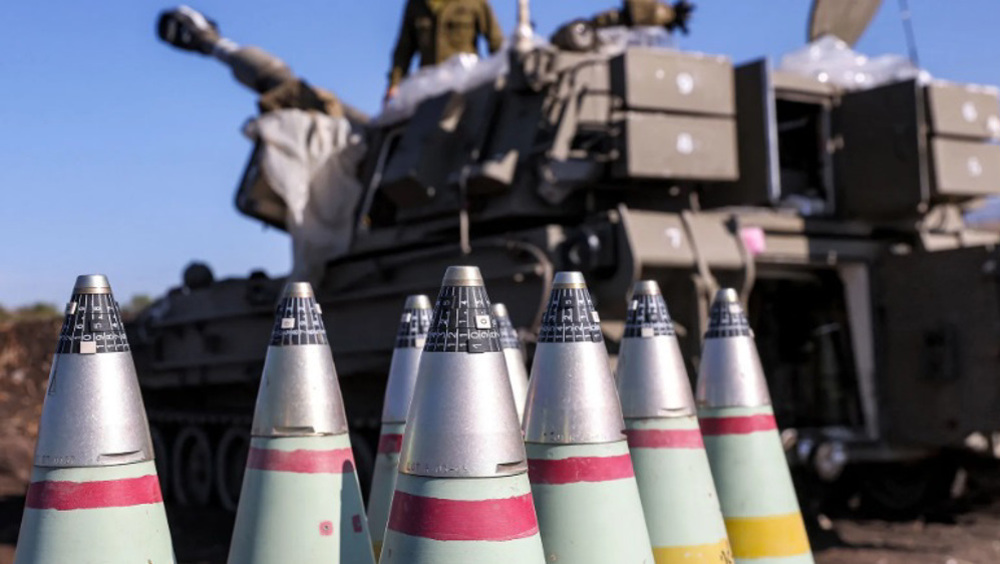



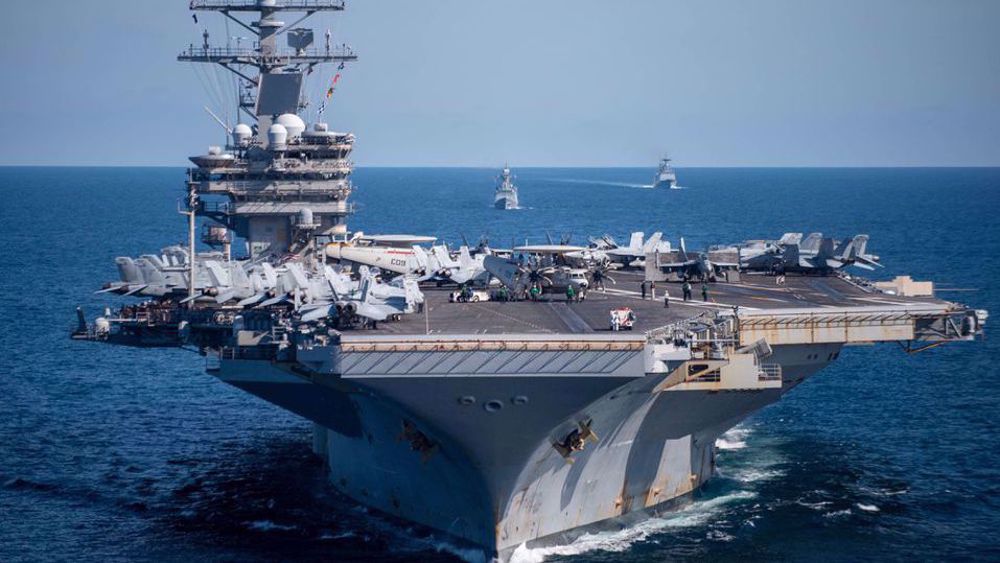

 This makes it easy to access the Press TV website
This makes it easy to access the Press TV website